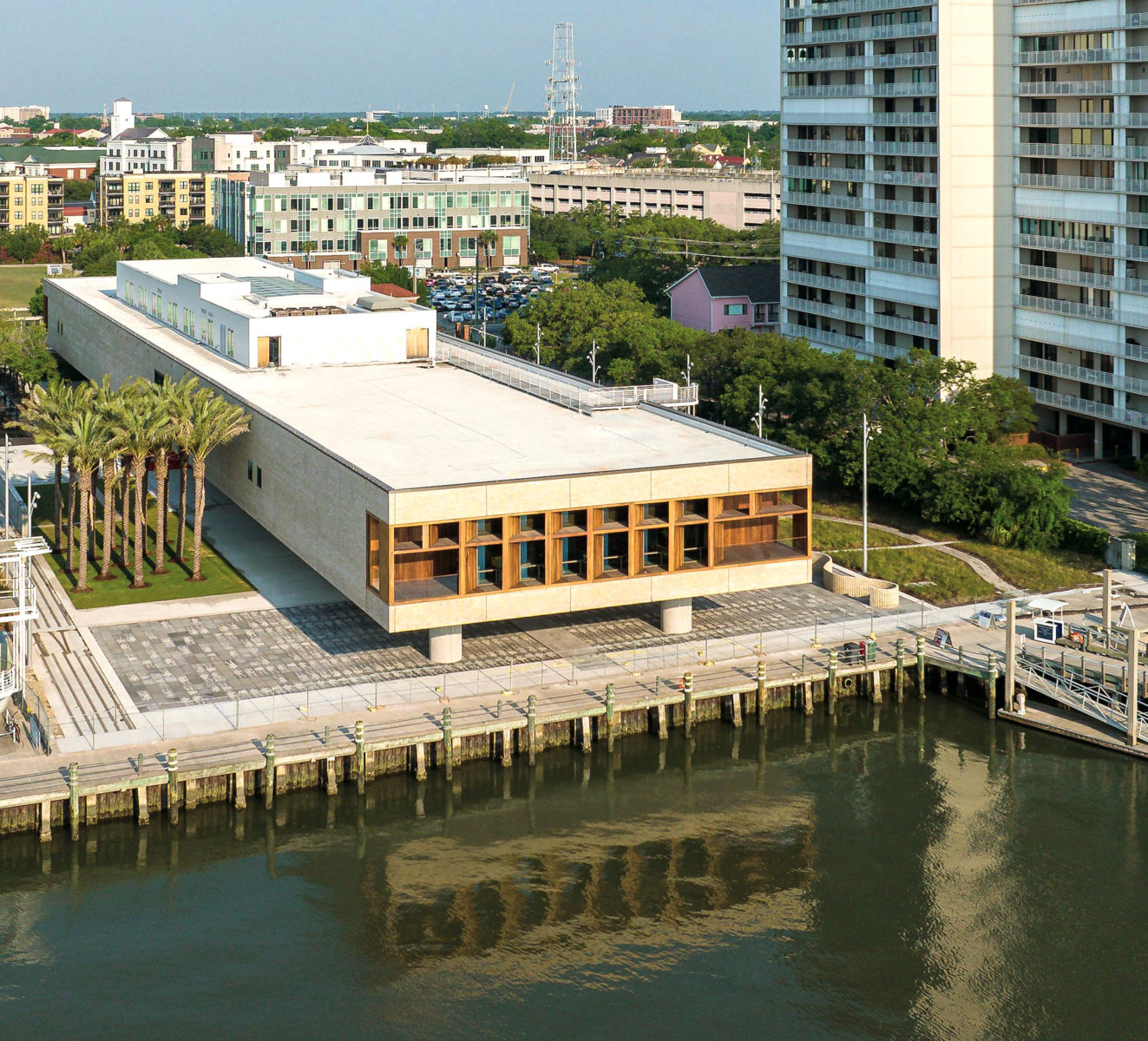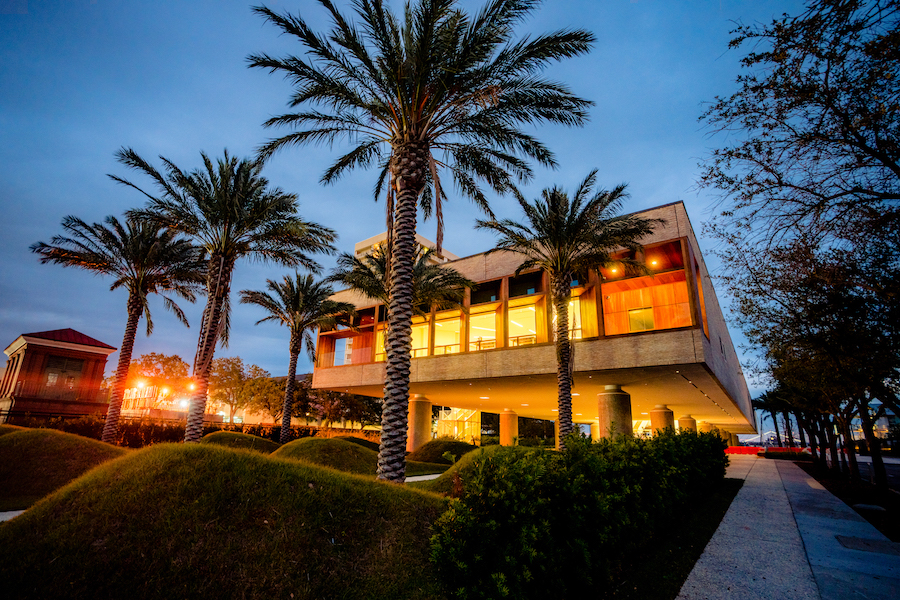Art Daily: Saving praise houses before their African lineage is forgotten
The Rev. Kay Colleton will never forget the time she first laid eyes on Moving Star Hall, a tiny white clapboard building with a leaning chimney, a crooked roof and a storied history. The hall is a rare surviving example of a praise house — humble one-room structures used as places of worship by enslaved people on coastal plantations throughout the Carolinas and Georgia. They have been providing spiritual sustenance for generations of African Americans ever since.
“There were no keys, so we just came right in,” Colleton recalled of that day in 1989. “It was in a state of barrenness. I’ll be honest: I said to the Lord, ‘You’ve got to be kidding.’”
Colleton and her church, Manna Life Center, on Johns Island, vowed to breathe new life into the hall. And on a hot and humid day last summer, rife with tiny no-see-ums — and the ubiquitous hand-held straw fans in these parts providing little relief — about a dozen longtime congregants of Moving Star Hall came together for prayer, song and reflection. All of them were Gullah Geechee, whose enslaved ancestors had been abducted from west and central Africa; and their knowledge of rice cultivation and other crops was used to generate incomparable wealth for this region’s brutal white planters.
Alive and hopping, Moving Star Hall is an outlier among the handfuls of praise houses still standing in varying states of repair, most tucked away on rural roads through dark tunnels of oaks laden with Spanish moss.
The compact dimensions of these houses — sometimes known as prays houses — were stipulated by planters intent on staving off insurrection by limiting the number of enslaved people who could congregate within.
Despite such controlled measures, these sacred spaces became safe havens where African cultural and spiritual traditions flourished in secret. Many historians regard them as a cradle of the Black church.
“Prayer houses are the spiritual foundation of who we are in America as enslaved people and as free people,” said Victoria A. Smalls, the executive director of the Gullah Geechee Cultural Heritage Corridor, a 12,000 square-mile, four-state area established by Congress in 2006 to represent the region’s unique character. “They have helped us stay attached to our African lineage as a form of resistance, resilience and strength.”



